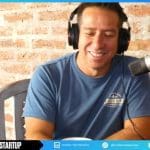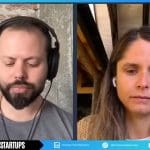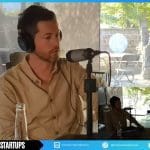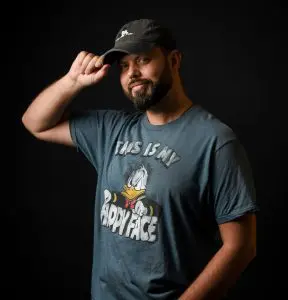Empezando con una pregunta …. ¿Quién que pueda navegar en internet no ha usado wikipedia alguna vez en busca de conocimiento? …. la respuesta lo más probable sería algo como ….. «No se … ?», y es cierto.
Son cientos de proyectos que se han creado y han muerto que promueven el intercambios de conocimientos. Wikipedia lo más probable es que nos haya servido en la Universidad, en el Colegio, en nuestra vida profesional o incluso en nuestra vida diaria.
Wikipedia en particular si hace nuestra vida más sencilla;
- La información es bastante precisa. Al menos nunca he tenido problemas.
- No hay banners …. ( Gracias a Dios ! )
- Ellos mismos dirigen una organización sin fines de lucro.
- Existen muchas formas de colaborar!!
- Publicar algo como lo que puse en este blog para que la gente sepa de que se trata.
- Usar los medios sociales para difundir como ayudar :P. ( Recursivo no ?)
- Crear y modificar artículos en wikipedia.
- Obviamente donar :P.
Dear Cristian Andres,
Thank you for donating to the Wikimedia Foundation. You are wonderful!
It’s easy to ignore our fundraising banners, and I’m really glad you didn’t. This is how Wikipedia pays its bills — people like you giving us money, so we can keep the site freely available for everyone around the world.
People tell me they donate to Wikipedia because they find it useful, and they tru
st it because even though it’s not perfect, they know it’s written for them. Wikipedia isn’t meant to advance somebody’s PR agenda or push a particular ideology, or to persuade you to believe something that’s not true. We aim to tell the truth, and we can do that because of you. The fact that you fund the site keeps us independent and able to deliver what you need and want from Wikipedia. Exactly as it should be.You should know: your donation isn’t just covering your own costs. The average donor is paying for his or her own use of Wikipedia, plus the costs of hundreds of other people. Your donation keeps Wikipedia available for an ambitious kid in Bangalore who’s teaching herself computer programming. A middle-aged homemaker in Vienna who’s just been diagnosed with Parkinson’s disease. A novelist researching 1850s Britain. A 10-year-old in San Salvador who’s just discovered Carl Sagan.On behalf of those people, and the half-billion other readers of Wikipedia and its sister sites and projects, I thank you for joining us in our effort to make the sum of all human knowledge available for everyone. Your donation makes the world a better place. Thank you.Most people don’t know Wikipedia’s run by a non-profit. Please consider sharing this e-mail with a few of your friends to encourage them to donate too. And if you’re interested, you should try adding some new information to Wikipedia. If you see a typo or other small mistake, please fix it, and if you find something missing, please add it. There are resources here that can help you get started. Don’t worry about making a mistake: that’s normal when people first start editing and if it happens, other Wikipedians will be happy to fix it for you.I appreciate your trust in us, and I promise you we’ll use your money well.Thanks,
Sue






También se puede donar subiendo fotografías y compartiéndolas bajo Creative Commons (o alguna licencia similar) para que pueda ser utilizada.
Por ejemplo el ertículo del árbol Boldo ( http://es.wikipedia.org/wiki/Peumus_boldus ) tiene sólo una ilustración (muy buena por lo demás), pero bien vendría una foto del árbol vivo en su entorno, o de su corteza.
Sólo una idea.